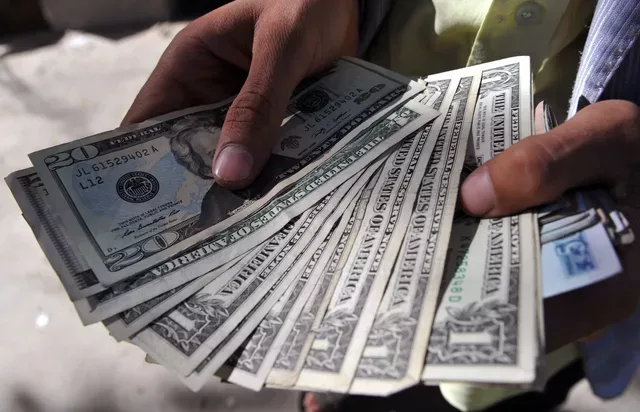The flow of Foreign Direct Investment (FDI) into El Salvador continues to struggle. In the third quarter of this year, the country received $225.37 million—an improvement compared to the $141.71 million received in the third quarter of 2023. However, the cumulative amount for the year through September is 26% less than what was recorded during the same period in 2023.
This year, FDI totaled $387.4 million, whereas last year it reached $532.35 million during the same period, according to data from the Banco Central de Reserva (BCR) (Central Reserve Bank).
The largest investment during the quarter was made in the information and communication sectors.
Why aren’t investors coming if the country is safer?
For economist Carlos Acevedo, there are other structural factors affecting the investment climate.
“El Salvador is expensive for attracting investment,” he explained, adding that the issue is not labor costs but rather factors like the price of land and the frequent power outages, which affect the quality of the electricity supply.
“The investment that seems to be coming in is related to cryptocurrencies, but they just open an office and hire one person,” Acevedo asserts.
Could an agreement with the IMF make the country more attractive?
“The agreement with the IMF is important as a starting point. But for that, necessary reforms must be adopted, such as amendments to the Bitcoin Law, urgent measures against corruption, and clear actions in favor of transparency,” emphasized economist Otto Rodríguez.
“Attracting investment requires all of that, but it also hinges on a well-designed economic policy framework that is consistent and led by an ethical, experienced cabinet to achieve credibility. Otherwise, we will continue facing the same challenges,” Rodríguez added.
For Acevedo, an agreement with the IMF would not have a significant short-term effect on attracting investment. He also highlighted another potential deterrent to FDI: the Salvadoran government’s authoritarian image.
“While the country’s international reputation has improved, the perception is still that of an authoritarian government, and generally speaking, that doesn’t attract investment—unless it’s from close allies. An authoritarian government doesn’t send a positive signal,” Acevedo concluded.
La inversión extranjera que llega a El Salvador no se levanta y baja 26% hasta septiembre
La llegada de Inversión Extranjera Directa (IED) sigue sin levantar cabeza. En el tercer trimestre del año el país recibió $225.37 millones, este dato es mayor si se compara con los $141.71 que El Salvador recibió en el tercer trimestre de 2023, pero el acumulado en el año hasta septiembre es un 26 % menor a lo recibido en el mismo periodo de 2023.
Este año la IED sumó $387.4 millones, el año pasado para el mismo periodo eran $532.35 millones, según datos del Banco Central de Reserva (BCR).
La mayor inversión en el trimestre se hizo en información y comunicaciones.
¿Porque si el país es más seguro no vienen los inversionistas?
Para el economista Carlos Acevedo hay otros factores estructurales que afectan el clima de inversión. “El Salvador es caro para atraer inversión”, y no es la mano de obra sino más que todo la tierra, el tema de energía eléctrica que no tiene la calidad necesaria por los cortes frecuentes del suministro, explica.
“La inversión que parece que está viniendo es la relacionada con criptos, pero ponen una oficina y contratan una persona”, asegura.
¿Y el acuerdo con el FMI podría ayudar a hacer más atractivo al país?
“El acuerdo con el FMI es importante como base. Pero para ello tiene que hacerse las reformas necesarias, como las reformas a la Ley Bitcóin, medidas urgentes contra la Corrupción y señales claras a favor de la transparencia”, recalca por su parte el economista Otto Rodríguez.
“La atracción de inversiones requiere lo anterior, pero también de un buen diseño de políticas económicas que sean consistentes y que tengan una gabinete probo y con experiencia para lograr credibilidad. De lo contrario se seguirá patinando en el mismo problema”, puntualiza.
Para Acevedo, no tendría mucho efecto en atraer inversión en el corto plazo. Pero si considera que otro factor que podría afectar la llegada de IED es la imagen autoritaria del gobierno salvadoreño. “La imagen internacional ha mejorado pero la percepción es de un gobierno autoritario y eso en general no atrae inversión, a no ser que sean amigos. Pero un gobierno autoritario no manda buenas señales”, asegura.

